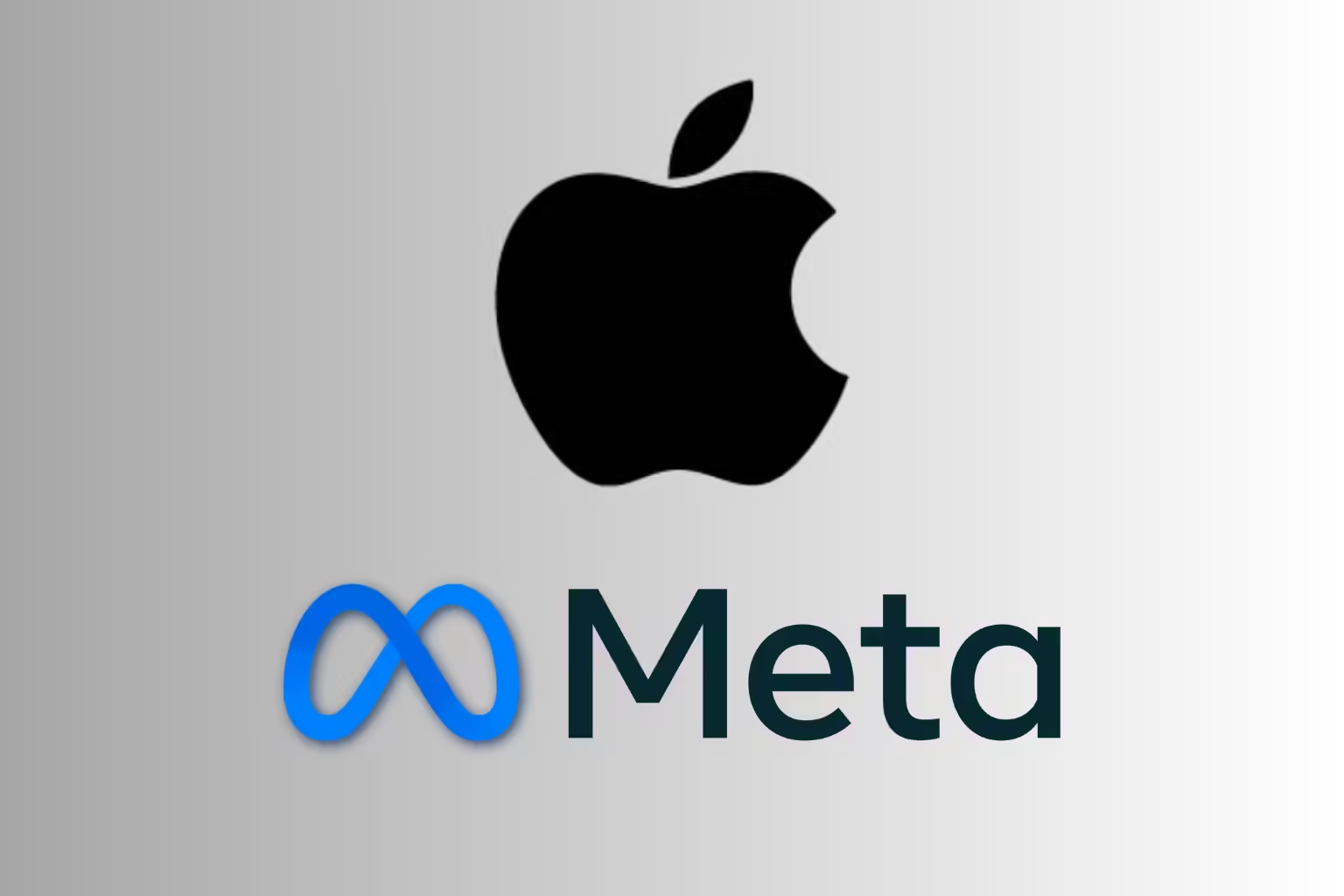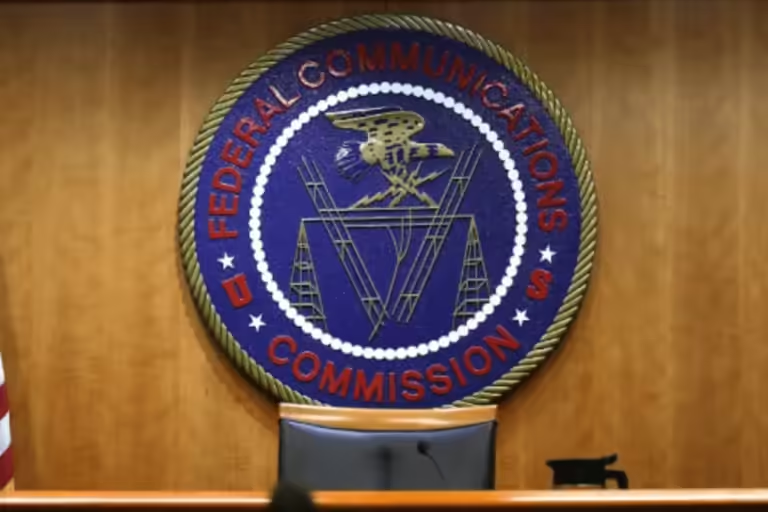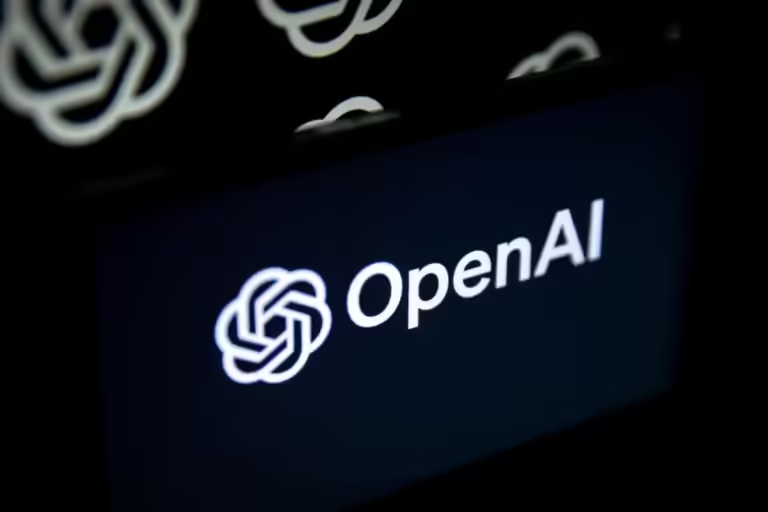
Apple & Meta Refuse EU’s Critical AI Safety Pact—What’s Their Reason?
Apple and Meta have decided not to sign the new AI safety deal made by the European Union. This is because they are still arguing with EU regulators about rules.
The EU AI Pact is a volunteer effort to make sure that safe and reliable artificial intelligence (AI) systems are built.
The deal has been backed by more than 100 companies, including tech giants like Amazon, Google, Microsoft, and OpenAI, the company that made ChatGPT. But other big names, like the AI company Anthropic and the video app TikTok, have also decided not to sign.
The pact has three main goals: making people more aware of the risks of AI, finding high-risk AI systems, and agreeing on ways to control AI’s growth.
The European Union has been at the forefront of setting global law standards for AI. They just recently passed the AI Act. This complete set of laws, the first of its kind, is meant to keep companies that are working on AI technologies in line while also lowering the risks they might pose to people’s safety, health, and basic rights.
Even so, the fact that Apple and Meta didn’t sign the deal is seen as part of a larger problem between the companies and EU regulators.
Meta’s Compliance Challenges with EU Regulations
This year, the law has been hard on Meta in particular. For example, the Irish Data Protection Commission told the company it had to stop rolling out its AI assistant in Europe because of an order.
Meta’s use of personal data to train its AI models for Facebook and Instagram was at the heart of the disagreement. Meta said it would follow the new rules in answer to the AI Act, but it wasn’t ready to join the AI Pact yet.
A Meta spokeswoman said: “We welcome harmonized EU regulations and are focused on complying with the AI Act, but we do not rule out joining the AI Pact later.”
The company also talked about how AI could boost competition and new ideas in Europe. They warned that the EU might miss out on big chances if it only focusses on lowering risks and not pushing the benefits of AI development.
But Apple hasn’t said much about why it won’t sign the deal yet. However, it is said to be putting following the EU’s AI Act first as well.
The fact that both businesses didn’t want to take part shows how difficult it is for European regulators and big tech companies to find a balance between AI’s potential to change everything and the need for strong safety measures.
As a related development, the Wall Street Journal reported earlier this year that Apple and Meta had talked about working together in the AI field.
Meta, the company that owns Facebook, was said to have talked about adding its creative AI model to Apple’s new AI system for iPhones.
Anthropic and Perplexity, two AI startups, were also talked about because they wanted to add their AI skills to Apple’s growing platform.
Even though no deals were closed, these kinds of partnerships could have helped AI companies get their goods sold by more people through Apple’s ecosystem.
The story said that AI companies might have sold premium subscriptions to their services through Apple Intelligence as part of these partnerships.
It wasn’t clear how much the possible deals would cost, but adding third-party AI models to Apple’s environment would have been a big step towards the company’s larger AI strategy, which it had announced earlier in the month. As part of this plan, AI was built into core apps like Siri, and Apple devices got OpenAI’s ChatGPT.


